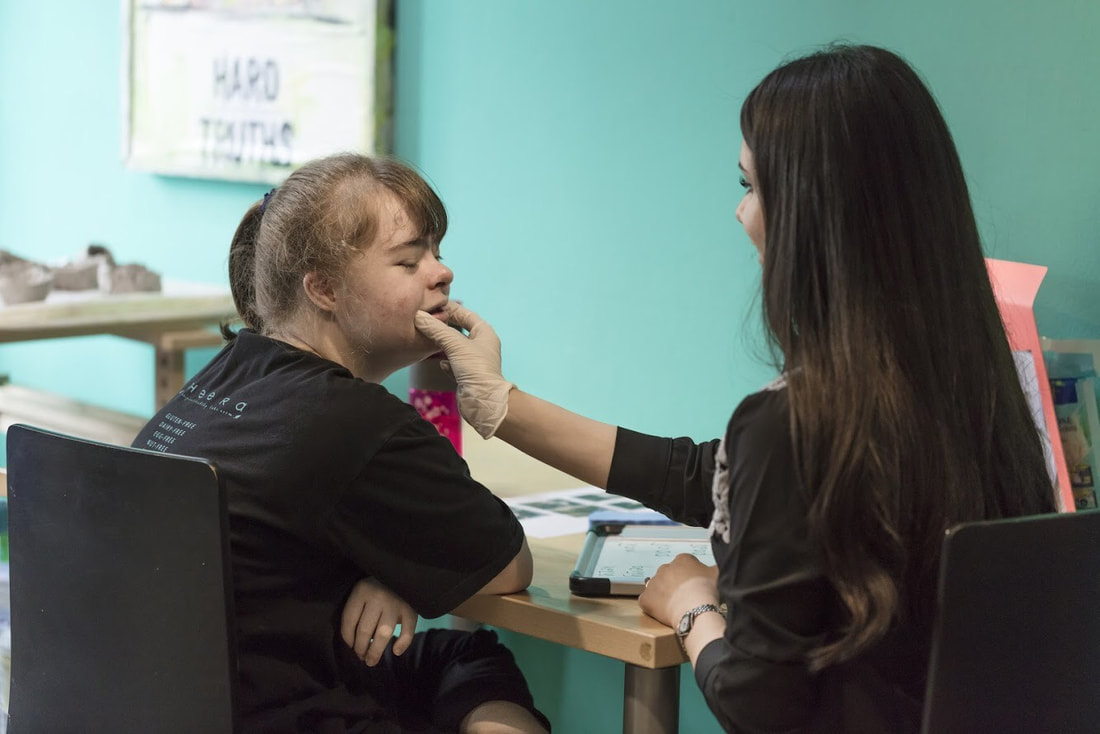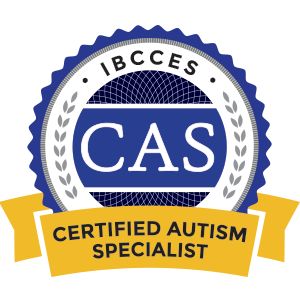|
As I started discussing in my previous article ‘Bilingualism & Your Child’s Education - Part 1’, parents of bilingual children are often faced with difficult decisions when it comes to their child’s education. Below, I have addressed some further common concerns regarding this topic:
1. Common Concern: “I’m about to give birth. We speak both Thai and English fluently at home and when the time comes, we intend to send our child to a school where the curriculum is taught in both of these languages. What language should we expose our child to after I give birth?” It is best to introduce your child to both languages after birth. By doing this, it is likely that your child will learn both languages simultaneously because they have a balanced exposure to them. Research has shown that infants have the ability to learn two languages from birth; they are able to develop two separate language systems which are connected. Being exposed to two languages from birth will not hinder your child’s language ability. In fact, there are many benefits of being bilingual from birth which extend into even the later school years, which were discussed in my previous article 'Bilingualism and Your Child's Education - Part 1'. 2. Common Concern: “My daughter is three years old and up until recently, we have only communicated with her in Thai. She seems to communicate well in Thai. We have just enrolled her in a pre-school where English is spoken. I’m worried she will become confused once she starts being gradually exposed to English.” Your child won’t be confused if you introduce English at this age. In fact, most children are capable of learning a new language at this age. However, when introducing a new language to your child, it is important to ensure your child’s first language is strong to begin with, and secondly, that their first language continues to be stimulated. 3. Common Concern: “My child is starting school next year. Up until this point, they have only been exposed to Thai. They seem to have difficulty communicating in Thai and I think they might have a language delay. Some schools we are considering have an English curriculum. Will my child struggle with their language even more if we introduce this new language at school? If your child has difficulty communicating in the language that they are already exposed to then avoid introducing a new language at this time. Introducing a new language will only confuse your child further. Instead, focus on improving your child’s ability in the language that they currently use. I always say to parents, a child only needs one strong language initially. Of course, more than one is better, but in the case of language delay having one strong language will prove more beneficial to your child than being exposed to two languages and having difficulty with both. Once your child becomes strong in their first language, then you can introduce another language. 4. Common concern: “My child struggles in both Thai and English at school, but I have noticed that they usually respond better in Thai. I want to have their language formally assessed by a speech therapist. What language should they be assessed in?” Your child should always be assessed in their strongest language (which in this particular case is Thai). Your child’s strongest language is the language they prefer to use when speaking and the language which they respond better to. If your child is assessed in English when it is not their strongest language, the assessment will not reveal your child’s actual language ability. 5. Common Question: What programs are available at school to help my bilingual child if they need further language support? English as a second language (ESL): ESL involves teaching English to students who are learning it as a second language. This is appropriate for your bilingual child if they are already strong in their native language but have difficulties with English. Speech-Language Therapy (SLT): SLT involves teaching language for a bilingual child if they have difficulties in both languages that they are exposed to. It involves correcting a fundamental language delay. 6. Common Concern: “Who can I speak to if my bilingual child needs further language support at school?” If you are concerned about your bilingual child’s education, you can consult with the SEN Coordinator at your child’s school about what programs are available to support your child. You can also consult with a speech language therapist for a language assessment which will help you determine what program will best support your child. If you would like to be notified when my next article is released, subscribe to my mailing list to receive a free speech and language development table! As always, feel free to write any comments or questions below. Speak soon, Expat Speechie References I would like to acknowledge and thank the following resources from where the information for this post was obtained: Espinosa, L. M. (2008). Challenging Common Myths About Young English Language Learners. FCD Policy Brief, 8, 1-12. Genesee, F., Paradis. J., & Crago, M. (2004). Dual Language Development and Disorders: A Handbook on Bilingualism and Second Language Learning. Baltimore, MD: Brookes Publishing Comments are closed.
|
Welcome to my blog!
|






